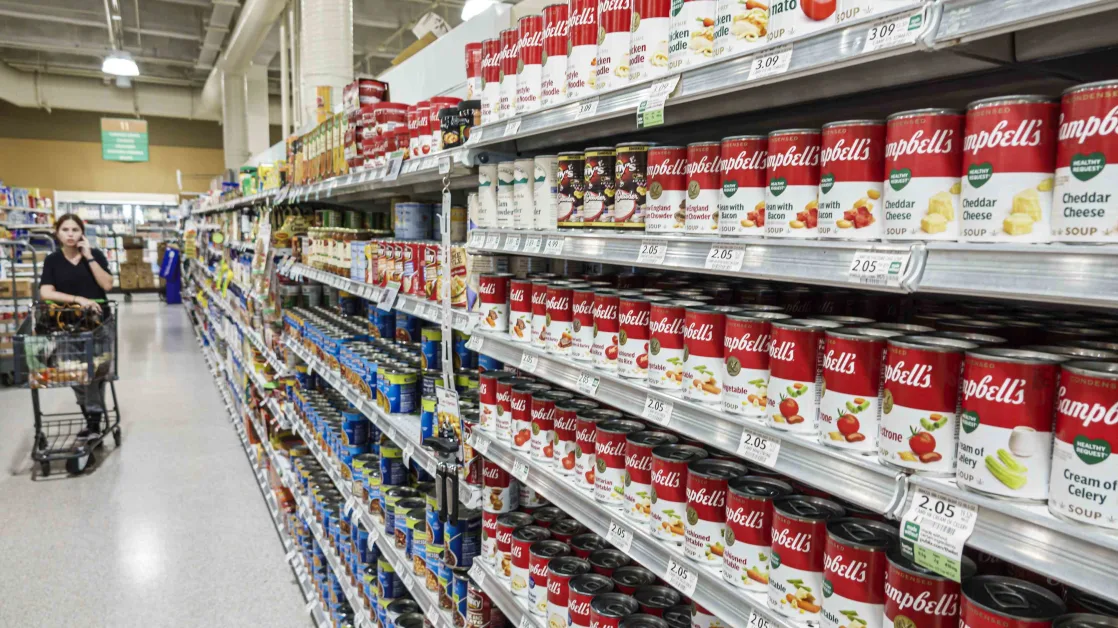(Bloomberg) -- UK businesses stepped up the pace of job cuts in February, according to a closely watched survey, boding ill for a labor market that has so far held up in the face of Chancellor of the Exchequer Rachel Reeves’ huge increase in payroll taxes.
S&P Global said its key purchasing managers’ index was little changed at 50.5 versus 50.6 in January, just above the 50 threshold separating growth and contraction. Economists had expected no change. Private-sector companies, it said, faced a “stagflationary” backdrop and new work dried up.
The survey suggested that job cuts and price pressures intensified as firms prepare for a big increase in payroll costs in April. The fall in headcount was the sharpest since November 2020 and the worst since the financial crisis when excluding the pandemic.
The PMI has pointed to stagnation for four months, with the dominant services sector now barely growing and manufacturing in outright contraction.
Businesses are bracing for an upcoming £26 billion hike in payroll taxes and another sharp rise in the minimum wage, which threaten to hobble the government’s growth agenda. Firms could respond by firing workers, freezing pay, raising prices or taking the hit on profit margins.
Recent indicators suggest companies have so far been reluctant to let go of workers, fearing they may struggle to rehire again once the economy picks up. Employment rebounded in January, tax data show, and the number of people being put on notice for the axe is below levels seen a year ago.
The question is whether Britain is out of the woods, or whether rocketing redundancies are just around the corner.
“The lack of growth alongside rising price pressures points to a stagflationary environment which will present a growing dilemma for the Bank of England,” said Chris Williamson, chief business economist at S&P Global Market Intelligence.
What Bloomberg Economics Says...
“The February UK flash composite PMI survey continues to point to the worst of both worlds, with activity likely stalling in the first quarter, while inflationary pressures rise. That will force the Bank of England to act cautiously regarding easing policy. Still, a struggling economy should keep the central bank on an easing path. Our base case is that the BOE will continue to move in quarterly steps, delivering three more rate cuts this year.”
—Niraj Shah, economist. Click to read the REACT on the Terminal.
Businesses faced both falling sales and mounting price pressures in February, according to S&P. Total new work declined at the fastest pace since August 2023 with demand for exports from the European Union and US waning. However, it came as costs for businesses rose at the fastest pace in over 1 ½ years with some firms blaming measures in the budget. Many firms responded by increasing their own prices.
“A key factor behind the upturn in inflationary pressures is the growing number of firms reporting the need to raise prices in order to help offset the impending rise in staff costs,” said Williamson. “The survey data point to a further rise in inflation beyond the latest uptick to 3%.”
More indicators on Friday pointed to an economy struggling to gain traction seven months after Labour came to power. Food spending drove a 1.7% in retail sales in January, though there were signs of consumer caution as the rest of the sector struggled. On a three-month basis, sales volumes were 0.6% down.
It came after GfK’s consumer confidence index remained deep in negative territory, with households more gloomy about the outlook for the economy than when the UK was emerging from a downturn a year ago.
There was also little to cheer for the Chancellor in public finances data, as the usual budget surplus in January fell short of expectations. Borrowing in the year to date has overshot official projections by £12.8 billion.
With the private-sector stagnating, Labour will be hoping its plans for increased investment in housing and infrastructure will boost the economy as a whole.
--With assistance from Mark Evans, Joel Rinneby and Harumi Ichikura.
(Adds comment from fifth paragraph)





